Everyone’s definition of a “green” product varies across factors incorporating ethical, organic, fossil fuel free, local production, energy efficiency and more. Your own definition will be a weighted mix of these factors. You might eat only organic food but not be willing to restrict your self to garments made from organic cotton. Ensuring your personal care products aren’t tested on animals might take priority over the water efficiency of your washing machine.
A number of organisations define standards and maintain certifications of products across these areas. They’re a great quick guide to finding products that meet your own personal “green” criteria.
Most of the certifications below help you find currently available sustainable products via their member listings.
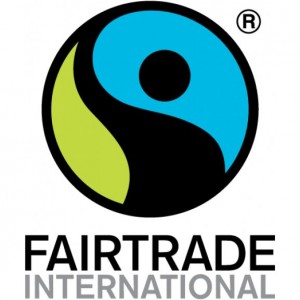 |
Fairtrade is about better prices, decent working conditions, local sustainability, and fair terms of trade for farmers and workers in the developing world. |
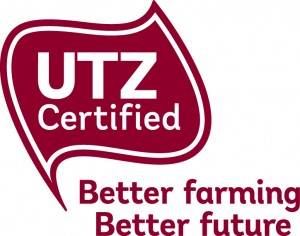 |
UTZ Certified stands for sustainable farming and better opportunities for farmers, their families and our planet. The UTZ program enables farmers of coffee, cocoa or tea to learn better farming methods, improve working conditions and take better care of their children and the environment. |
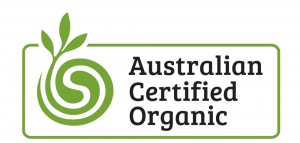 |
Australian Certified Organic (ACO) is Australia’s largest certifier for organic and biodynamic produce and has over 1500 operators within its certification system. |
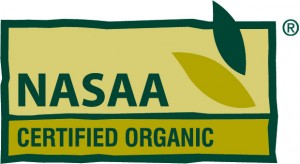 |
Formed in 1986, The National Association for Sustainable Agriculture, Australia (NASAA) supports the education of industry and consumers on organic, biodynamic and sustainable agricultural practices. |
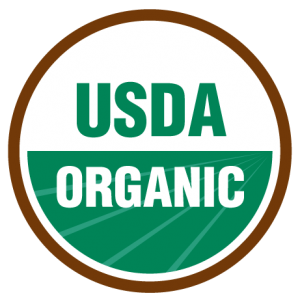 |
USDA Organic certification from the US Department of Agriculture. Over 25,000 farms and businesses are certified to the USDA Organic standard. |
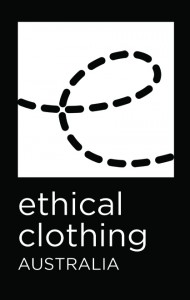 |
People often make the assumption that ‘Made in Australia’ means ‘Made Ethically.’ Unfortunately, this is not necessarily the case. As part of the Australian Textile, Clothing and Footwear Industry, there are thousands of workers making garments from home. ECA has been established to promote ethical working conditions throughout the supply chain and to protect the rights of both Australian factory workers and homeworkers. |
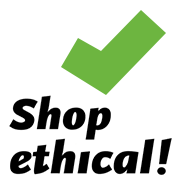 |
The Ethical Consumer Group is a community based, not-for-profit organisation and network, set up to help facilitate more sustainable purchasing practices for the everyday consumer. Based in Australia. |
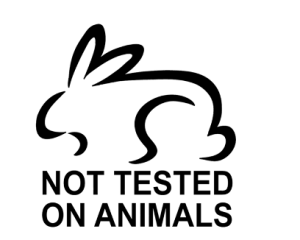 |
Choose Cruelty Free is an independent, non-profit organisation based in Australia, which actively campaigns for an end to animal testing of cosmetics, toiletries and other household products. |
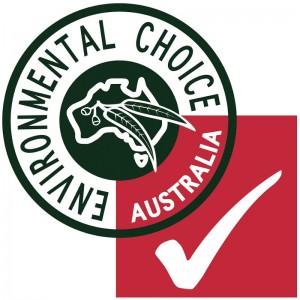 |
Good Environmental Choice Australia (GECA) runs Australia’s only independent, not-for-profit, multi-sector eco labelling program. Their certification covers residential and commercial related products including building and interiors, cleaning products and services, flooring, plastics and polymers as well as stationary. |
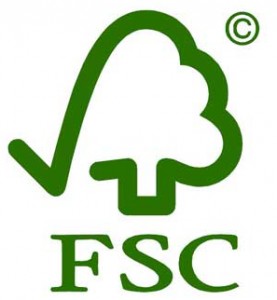 |
The Forest Stewardship Council (FSC) is an international, membership based, non-profit organisation founded in 1993 by environmentalists, social interest groups, indigenous peoples’ organisations, responsible retailers and leader forest management companies.FSC certification is internationally recognised as the most rigorous environmental and social standard for responsible forest management |
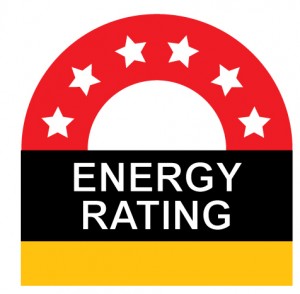 |
The Energy Rating Label is a mandatory comparative energy label that provides consumers with product energy performance information at point-of-sale on a range of appliances. It allows comparison between similar appliance models through a star rating of between one and ten stars and the annual energy consumption. It applies to: Air Conditioners, Clothes Dryers, Clothes Washers, Computer Monitors, Dishwashers, Freezers, Refrigerators and Televisions. |
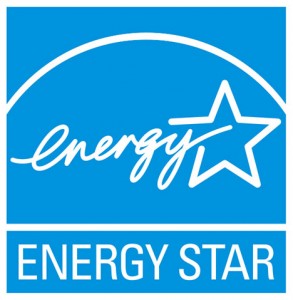 |
Energy Star was created by the US Environmental Protection Agency in 1992 and has now been adopted by several countries around the world, including Australia. |
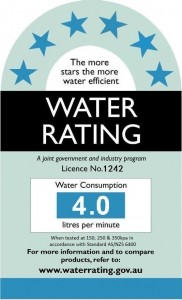 |
WELS is Australia’s water efficiency labelling and standards scheme that requires certain products to be registered and labelled with their water efficiency. It includes: showers, tap equipment, flow controllers, toilet and urinal equipment, clothes washing machines and dishwashers. |
Other certifications:

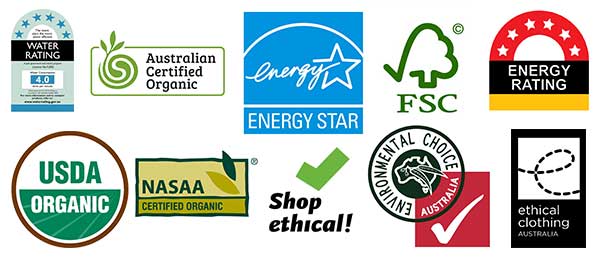

Respond to Green Certifications